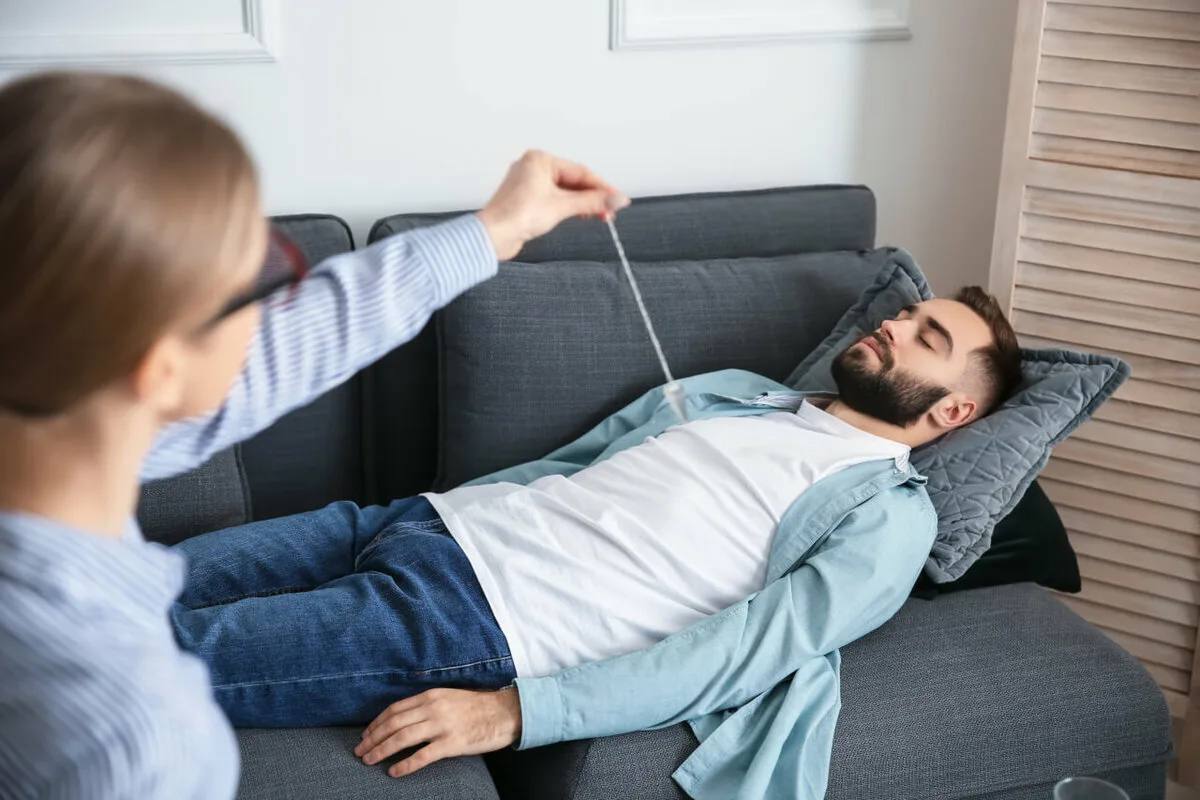Last Updated on November 24, 2025 by
When you’re under general anesthesia, your body works differently. This includes how your urinary system functions. Many wonder if you pee involuntarily during surgery. The truth depends on how anesthesia changes your body.

General anesthesia makes you very sleepy, unable to move, and forgets what happened. It’s key for surgeries, so you don’t feel pain or remember the surgery. Instead of peeing without control, some might have trouble peeing after surgery.
General anesthesia is a complex process that needs precision and constant monitoring. It involves medications that make you unconscious. This ensures you won’t feel pain, move, or be aware during surgery.
We use a mix of drugs to reach this state. It’s key for doing complex surgeries.
Modern anesthesia has three main parts: hypnosis (or unconsciousness), analgesia (or pain relief), and muscle relaxation. These elements work together to keep patients comfortable and immobile during surgery.
By balancing these components, we can customize the anesthesia for each patient’s needs.

Anesthetics stop nerve signals from working normally. This stops pain signals from reaching your brain, so you don’t feel pain during surgery.
The anesthesiologist watches your vital signs closely. They adjust the anesthesia as needed to keep you safe and comfortable.
Safety is a top priority during anesthetized procedures. We do detailed checks before surgery, watch patients closely during it, and care for them after.
By following these steps, we make sure general anesthesia is safe and effective for patients.
General anesthesia’s impact on bladder control is a common worry before surgery. But, it’s important to know that losing bladder control under general anesthesia is rare. This can help ease patient concerns before surgery.
Involuntary urination under general anesthesia is rare. The drugs used in anesthesia make it hard to urinate. This doesn’t usually cause involuntary urination but can lead to postoperative urinary retention (POUR).
POUR is when patients struggle to urinate after surgery. The paralysis of bladder muscles during anesthesia is a main reason for this.
General anesthesia changes how the bladder works. The anesthetics can paralyze the bladder muscles. This makes it hard to feel the need to urinate.
This change can cause trouble with urination after surgery, known as POUR. It’s key for patients to know that while anesthesia side effects can include urinary issues, losing bladder control during surgery is rare.
We also need to think about how long does anesthesia stay in your system and its impact on urination. The time anesthesia affects the body can vary. This affects bladder function differently in each person. Knowing this can help manage expectations and reduce anxiety about can anesthesia cause long-term urinary issues.
Many patients face a problem after surgery called postoperative urinary retention (POUR). It’s when you can’t pee even though your bladder is full. This can be uncomfortable and might lead to bigger problems if not treated quickly.
Research shows POUR happens in 6% to 9.9% of surgeries under general anesthesia. The risk changes based on the surgery type. For example, surgeries near the bladder or pelvis carry a higher risk.
It’s important to know the signs of POUR to get help fast. Look out for:
If you notice these signs, tell the medical team right away. This can prevent bigger issues.
There are ways to treat POUR. The first step is usually catheterization, which empties the bladder. Other methods include:
Knowing these options can help ease worries and improve recovery.
When you have surgery, many things can affect your bladder. Knowing these risks helps you get ready for surgery and deal with any problems that might come up.
Surgeries in the belly or pelvic area carry a higher risk of bladder problems after surgery. This is because these areas are close to the urinary tract. This can irritate or harm the nerves and muscles that control the bladder.
Key procedures that may increase the risk include:
Age, gender, and medical history also matter when it comes to bladder problems after surgery. Older people and those with health issues like diabetes or neurological problems face a higher risk.
The length of time you’re under anesthesia is important for your bladder. Longer surgeries mean more time under anesthetics. This can make it take longer for your bladder to recover.
Some medicines, like opiates, used during and after surgery can affect your bladder. These drugs can slow down your bowel and bladder, causing urinary retention.
Understanding these risk factors helps you prepare for surgery. It also lets you talk to your healthcare team about how to avoid bladder problems.
General and spinal anesthesia affect the body differently, including how they impact urine during and after surgery. The choice between them depends on the surgery type and the patient’s health.
Studies show general anesthesia leads to fewer cases of postoperative urinary retention (POUR) than spinal anesthesia. A study found a big difference in POUR rates between the two. Further analysis of such studies helps us understand why.
Doctors choose between general and spinal anesthesia based on several factors. These include the surgery type, patient medical history, and overall health. For example, spinal anesthesia is often used for orthopedic procedures, while general anesthesia is preferred for complex surgeries.
Recovery from anesthesia varies between general and spinal anesthesia. Knowing how long anesthesia lasts and its effects on urine is key for postoperative care. Patients under general anesthesia may take longer to recover urinary function than those under spinal anesthesia.
In summary, both general and spinal anesthesia have their roles in surgery, but they affect urine differently. Understanding these differences helps healthcare providers manage patient care better.
Knowing how long anesthesia affects urination is key for those getting ready for surgery. Anesthesia can change how our bodies work, including our urinary system.
The impact of anesthesia on urination is usually short-lived. Most people get back to normal bladder function a few hours to days after surgery. How quickly this happens can vary.
The time it takes for urination to return to normal can depend on several things. These include the type and length of anesthesia, the patient’s age, and overall health. “Most patients can expect their urinary function to return to normal within 24 to 48 hours post-surgery,” studies say https://www.sdb.unipd.it/postoperative-urinary-retention-2009.
Other factors like the surgery type, patient medical history, and the anesthetics used also play a role. We’ll look at these in more detail next.
Several things can make anesthesia’s effects last longer, including on urination. These include:
It’s good to know that anesthesia’s effects on urination are usually short. Most people get back to normal quickly. Knowing this can help ease worries about urination after surgery.
General anesthesia can affect how you use the bathroom. But, doctors take steps to make this less of a problem. This helps you feel better and recover faster.
We aim for the best care worldwide by always improving and using the latest research. By listening to your doctors, you can feel more confident during your surgery.
How long anesthesia lasts in your body can change. But, most people can go back to normal bladder use a few hours after surgery. Some might face a problem called postoperative urinary retention. This needs quick doctor help.
Knowing about anesthesia’s side effects and how long it lasts can help you get ready for surgery. Our team is dedicated to giving you top-notch care. We support you every step of the way.
It’s rare to pee involuntarily under general anesthesia. The drugs used can make it hard to pee, but they usually don’t cause involuntary urination.
General anesthesia makes you very sleepy and unable to move or remember things. It’s used in surgeries to keep patients pain-free and unaware.
Anesthesia’s effects on urination are short-term. Most people can pee normally a few hours to days after surgery. The exact time depends on the anesthesia type, your age, and health.
POUR is a big worry after surgery under general anesthesia. The risk depends on the surgery type, patient details, and other factors. Some surgeries, like those in the abdomen or pelvis, carry a higher risk.
General anesthesia usually has a lower POUR risk than spinal anesthesia. But, many factors can influence this risk.
Your age, gender, and health history, along with the anesthesia type and duration, and post-surgery meds, can affect bladder function. These factors increase the risk of POUR.
No, anesthesia’s effects on urination are usually short-term. Most people regain normal bladder function a few hours to days after surgery.
Yes, general anesthesia is safe when given by trained professionals. There are strict safety measures, like pre-op checks, constant monitoring during surgery, and post-op care, to manage side effects.
Subscribe to our e-newsletter to stay informed about the latest innovations in the world of health and exclusive offers!